Plants That Are Safe for Pet Birds
Updated on 04/26/24
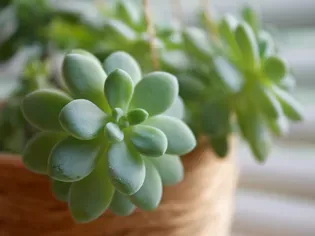
Bringing Nature Indoors: Plants That Are Safe for Pet Birds
As a bird enthusiast, providing a stimulating and enriching environment for your feathered friend is paramount. One way to achieve this is by incorporating plants into their living space. Not only do plants add a touch of nature to your home, but they can also provide mental and physical benefits for your bird.
However, it's crucial to choose plants that are safe for birds, as some can be toxic or harmful. To ensure the well-being of your avian companion, we've compiled a comprehensive guide to the most suitable plants for pet birds.
Safety First: Understanding Toxic Plants
Before delving into the list of safe plants, it's important to be aware of potentially toxic species that should be avoided at all costs. These include:
- Azalea
- Daffodil
- Lily of the Valley
- Oleander
- Sago Palm
- Yew
Ingestion of these plants can lead to severe health problems, including vomiting, diarrhea, breathing difficulties, and even death. If you suspect your bird has ingested a toxic plant, seek immediate veterinary attention.
The Perfect Plants for Pet Birds
Now, let's explore the wonderful world of bird-friendly plants. Here are some of the most popular and recommended options:
1. Bamboo:
- A versatile and non-toxic plant that adds a touch of Asian flair to your bird's home. Bamboo can grow to various heights, providing plenty of room for your bird to explore and hide.
2. Spider Plant:
- A common houseplant that is safe for birds. Its long, trailing leaves create a sense of enclosure and offer a sheltered space for your pet to rest.
3. Parlor Palm:
- A small, non-toxic palm tree that adds a tropical vibe to your bird's environment. Its feathery leaves provide a natural perching area for your feathered friend.
4. Bird's Nest Fern:
- As its name suggests, this fern is a favorite among birds. Its dense, bushy growth creates a cozy nest-like environment, providing security and comfort for your pet.
5. Maidenhair Fern:
- A delicate and graceful fern that adds a touch of elegance to your bird's home. Its fronds are non-toxic and provide a place for your bird to rest or bathe.
6. Aloe Vera:
- Known for its medicinal properties, aloe vera is also safe for birds. Its fleshy leaves can be used as a natural perch or as a source of moisture for your pet.
7. Eucalyptus:
- A fragrant plant that releases natural oils beneficial for birds' respiratory health. Its leaves can be placed in your bird's cage as a treat or hung as a decoration.
8. Chamomile:
- A calming and soothing plant that can help reduce stress and anxiety in birds. Its petals can be added to your bird's bathwater or scattered on the floor of their cage.
9. Rosemary:
- A culinary herb that is also safe for birds. Its pungent aroma can help improve digestion and repel insects.
10. Orchid:
- A beautiful and exotic flower that adds a touch of elegance to your bird's home. Orchids are harmless to birds, making them a suitable choice for avian enthusiasts.
Tips for Incorporating Plants into Your Bird's Environment
- Choose the Right Size: Select plants appropriate for the size of your bird's cage or enclosure. Avoid overcrowding, as this can hinder your bird's movement and comfort.
- Provide a Variety: Offer a mix of plants with different textures, shapes, and colors to stimulate your bird's senses and provide a visually appealing environment.
- Consider Your Bird's Personality: Some birds enjoy interacting with plants, while others prefer a more minimalist setup. Observe your bird's behavior and adjust the number and type of plants accordingly.
- Keep Plants Clean: Regularly clean your plants to remove dust, dirt, and potential pathogens that could harm your bird.
- Monitor Your Bird: Always supervise your bird when interacting with plants. This allows you to intervene if they start chewing on or ingesting something potentially harmful.
Conclusion
Incorporating safe plants into your pet bird's environment can enhance their well-being, provide mental and physical stimulation, and create a more natural and enriching living space. By choosing from the plants we've recommended and following these tips, you can enjoy the benefits of nature while ensuring the safety and happiness of your feathered friend.
Explore More Pets
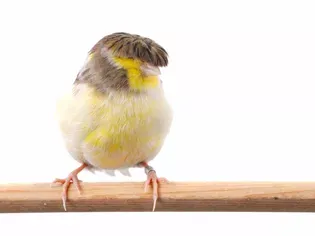
Small Bird Breeds
Gloster Canary: Bird Species Profile
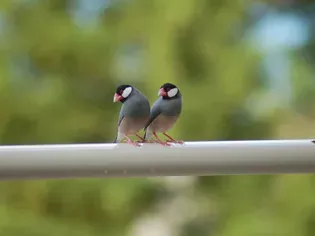
Small Bird Breeds
Java Finch: Bird Species Profile
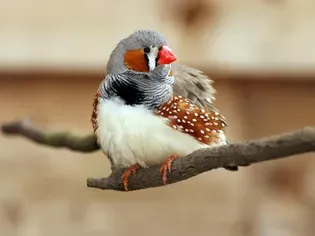
Small Bird Breeds
Zebra Finch (Chestnut-Eared Finch): Bird Species Profile
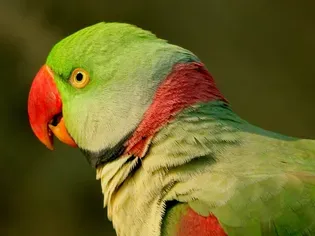
Small Bird Breeds
Alexandrine Parakeet: Species Characteristics & Care
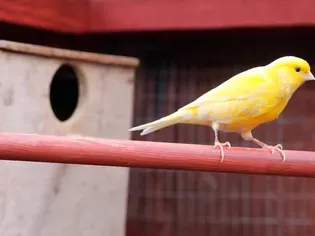
Small Bird Breeds
Canary: Bird Species Profile
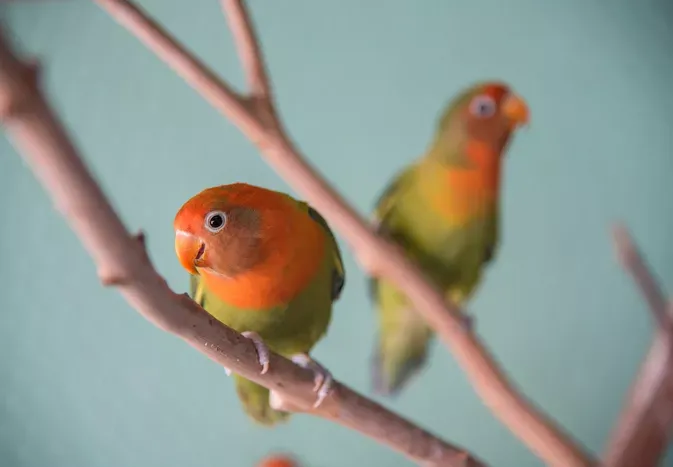
Small Bird Breeds
Lovebird (Pocket Parrot) Species Profile
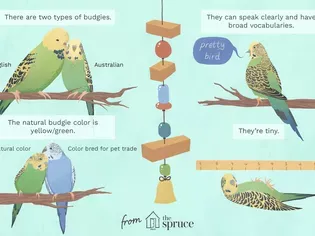
Small Bird Breeds
A Guide to Pet Budgie Birds
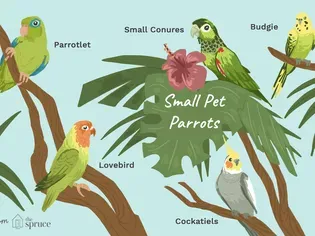
Small Bird Breeds
Types of Small Parrots